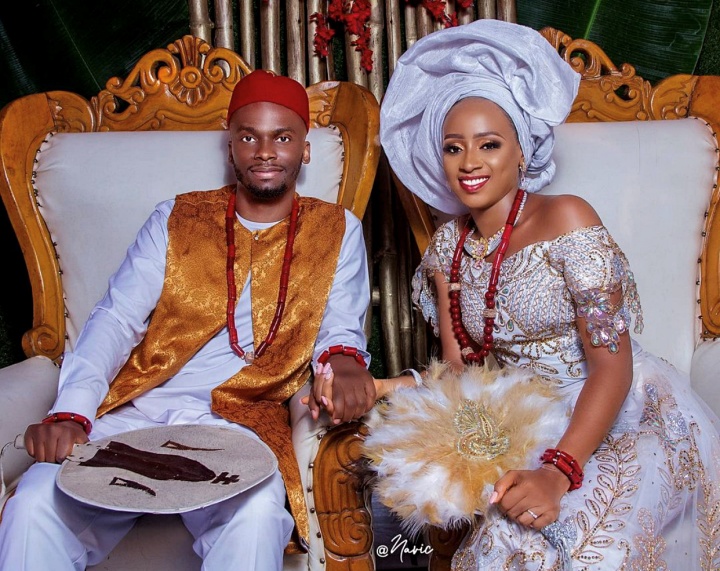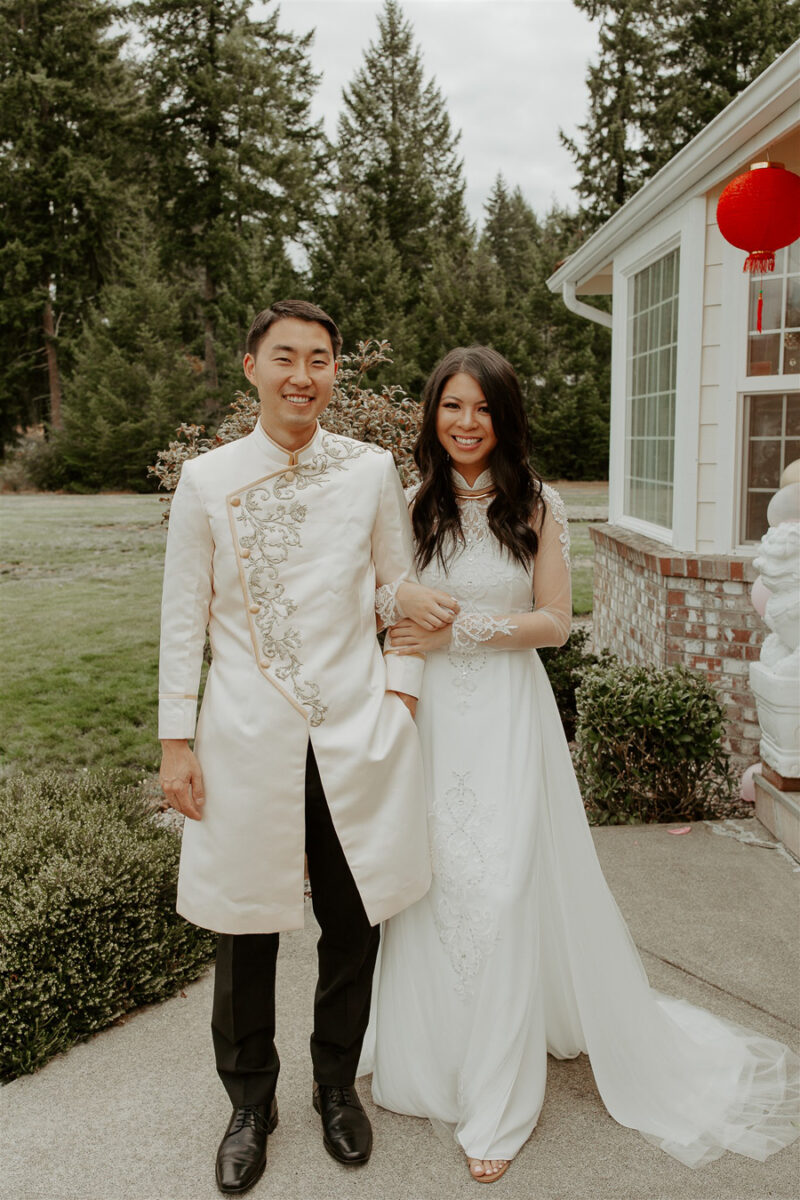A traditional wedding is a ceremony that follows long-standing customs, rituals, and traditions associated with marriage in a particular culture or religion. Traditional weddings may vary widely between cultures, religions, countries, and ethnic groups, but they typically incorporate time-honored symbols, attire, rituals, and proceedings.

Common Characteristics of Traditional Weddings
While specific details differ, most traditional weddings share some common characteristics:
- Formal attire for the bride, groom, and wedding party
- A ceremony officiated by a religious or cultural leader
- Readings, blessings, or rituals led by the officiant
- Exchange of wedding vows and rings between the couple
- Pronouncement of the couple as officially married
- A wedding reception with food, drinks, music, and dancing
- Customs such as the couple feeding one another wedding cake
However, traditional weddings go beyond these broad strokes to incorporate specific rituals, customs, attire, and proceedings symbolic of that culture or religion.
Types of Traditional Weddings
Some examples of traditional wedding ceremonies from cultures around the world include:
Hindu Wedding
Hindu weddings take place under a sacred canopy or mandap, include a fire ritual, and involve the bride and groom circling one another to solidify their bond. The bride typically wears red and gold finery covering her head and face, while the groom dons sherwani robes.
Jewish Wedding
Jewish weddings focus on the marriage contract, called a ketubah, signed by witnesses. The groom smashes a glass with his foot, and the bride and groom share seven blessings. The bride wears a formal white gown, while the groom wears a yarmulke and sometimes a tallit prayer shawl.
Chinese Wedding
Chinese weddings incorporate symbolic fruits, candies, and tea ceremonies meant to represent sweetness, prosperity, and respect within the marriage. The bride wears an embroidered red qi pao dress, while the groom wears a magua jacket. Both don traditional hats and silk scarves.
Irish Wedding
Irish weddings often take place in churches with priests officiating. The groom wears a formal morning suit, while the bride wears a white gown and veil. Customary traditions include handfasting, where the couple’s hands are tied together with ribbon, and jumping the broomstick.
Benefits of a Traditional Wedding
There are many reasons a couple may choose to have a traditional wedding ceremony, including:
- Cultural identity – Honoring family background, heritage, and time-honored customs
- Religious beliefs – Adhering to faith-based marital traditions
- Familiar rituals – Following accessible proceedings the couple understands
- Deeper meaning – Incorporating symbolic elements that enrich the ceremony
- Strengthening bonds – The rituals and customs foster unity between the couple and community
While traditional ceremonies require adhering to customs, they resonate with couples seeking meaningful rituals rooted in culture and faith.
Challenges of a Traditional Wedding
However, sticking to age-old marital traditions also comes with some difficulties, such as:
- Rigid guidelines that allow little flexibility or originality
- Dated customs that may not align with modern values and beliefs
- Onerous expectations from family to follow all traditions
- Logistical complexities from incorporating many elaborate rituals
- Higher costs associated with customary clothing, ceremonies, food, and decor
Couples have to weigh their desire for traditional elements against guest accommodations, budgets, and their evolving social perspectives.
Modernizing Traditions
Many couples aim to strike a balance between honoring wedding traditions and integrating more contemporary or personalized elements. Some popular ways couples put modern twists on traditional ceremonies include:
- Incorporating readings or music from their ethnic background that holds personal meaning
- Infusing cultural rituals with personalized vows
- Blending customs from both the bride and groom’s heritage
- Shortening very lengthy ceremonies while keeping symbolic high points
- Allowing leeway on attire, such as wearing a color other than all white
With creativity and flexibility, engaged couples can craft meaningful, memorable weddings guided by – but not dictated by – their cultural customs and faith.
A Personalized Traditional Wedding
At the end of the day, while traditional weddings adhere to long-standing rituals, the ceremony should still reflect the couple’s unique relationship, beliefs, and vision for their future. Traditions act as a jumping off point – not strict rules. Brides and grooms can pick and choose the most resonant customs for them and eschew any that now feel outdated or no longer hold relevance. Each couple can find their own balance between timeless traditions and contemporary flair for a personalized yet still traditional wedding.



